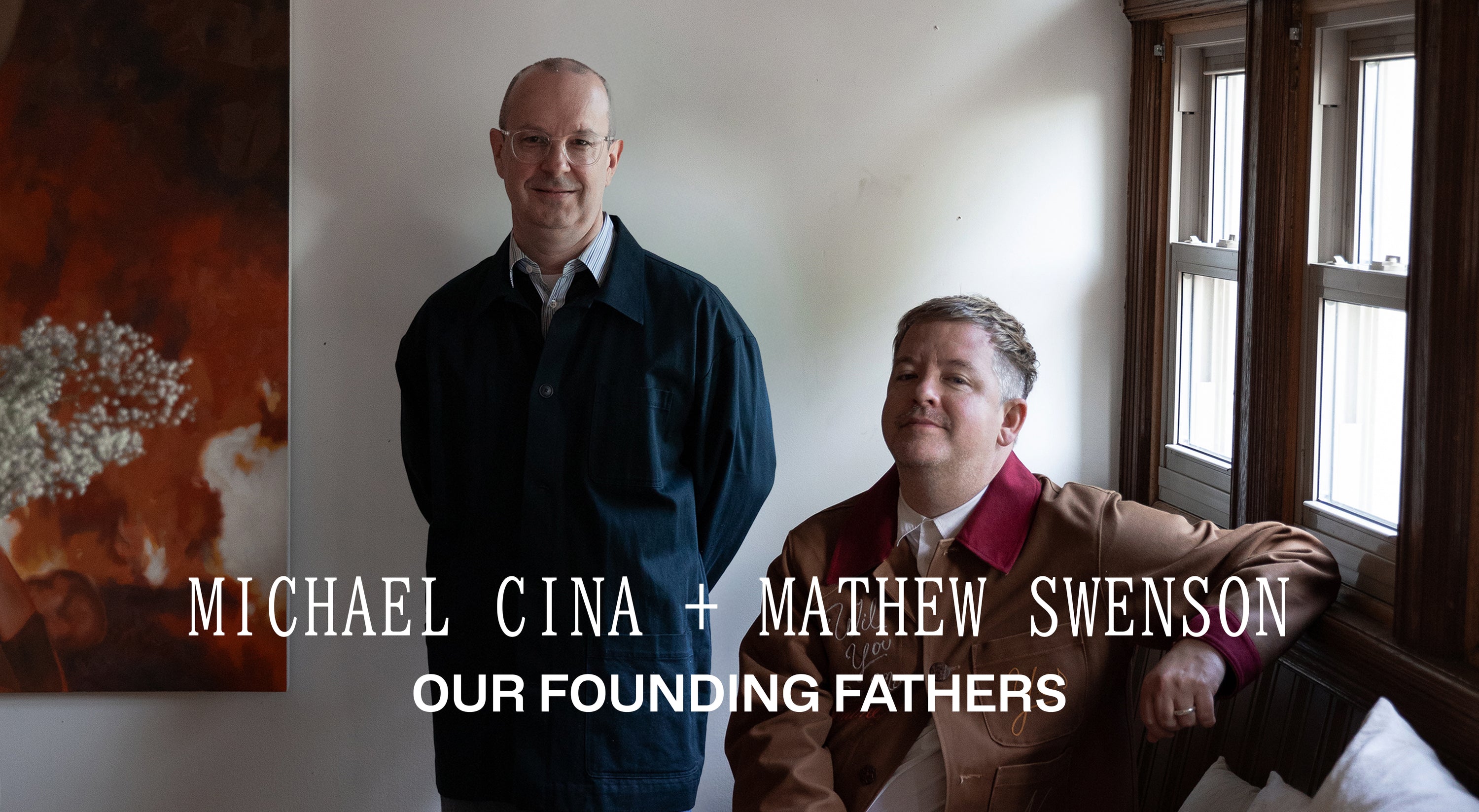
TELL CONVERSATIONS:
THE POWER TO TELL: SHIFTING THE LENS ON MIDWEST CULTURE
Mathew: Okay, let’s loosen it up. I started searching in various digital places for the word Midwest. What you get is a series of images of long dirt roads, farmhouses, clothes hanging in the wind. So, how do we start to shift that lens and reframe the conversation about what the Midwest is to the outside world? I’ll start with a question... What does Midwest identity look like through a "different" lens, and how do we want to reframe that for the world?
Michael: These are tough questions because it’s hard to know how other people see the region and what their relationship to it is. The Midwest absolutely gets caricatured, with farms and all that. We’re one of the bigger cities in the States, with a range of cultures not found elsewhere. There’s so much happening here, but it’s hard to find events for many reasons. One major blow was losing City Pages, and we could use an event index or calendar. This is desperately needed to help bring our community together again.
With the world being somewhat connected now, people can share knowledge and information in seconds. We benefit from having space, time, and even financial flexibility. That said, we do have challenges you won’t find in New York or California. There’s a lot of talent here, but the infrastructure to see that talent is fragmented or invisible. It’s not that creativity isn’t happening, it’s happening in basements, artist-run spaces, and word of mouth. That’s a strength in some ways, but it also means the story doesn’t get told unless we tell it ourselves. We need our own systems for visibility and connection. That’s one of the reasons why a lot of talent leaves.
Mathew: Yeah, I’ve had several conversations about how culture is framed as a dynamic. It’s funny to me that the algorithm still sees us as stuck in a past version of the region, when, per capita, more people from all over the globe have moved to Minneapolis than any other city in the country. We have such a rich, diverse cultural scene here, but the internet and American culture still sees us as the country heartland as we know it—the farmer, the blue-collar worker.
Michael: And to some degree, that’s true. We like to flatten and stereotype people and in my experience, people are often complex and transcend stereotypes. My wife’s father is a farmer, but he’s extremely well-read and well-traveled. There are accomplished authors, creatives, and interesting people living in smaller towns. They’re just harder to find because they’re more remote and don't care about the spotlight, so it’s more segmented and isolated.
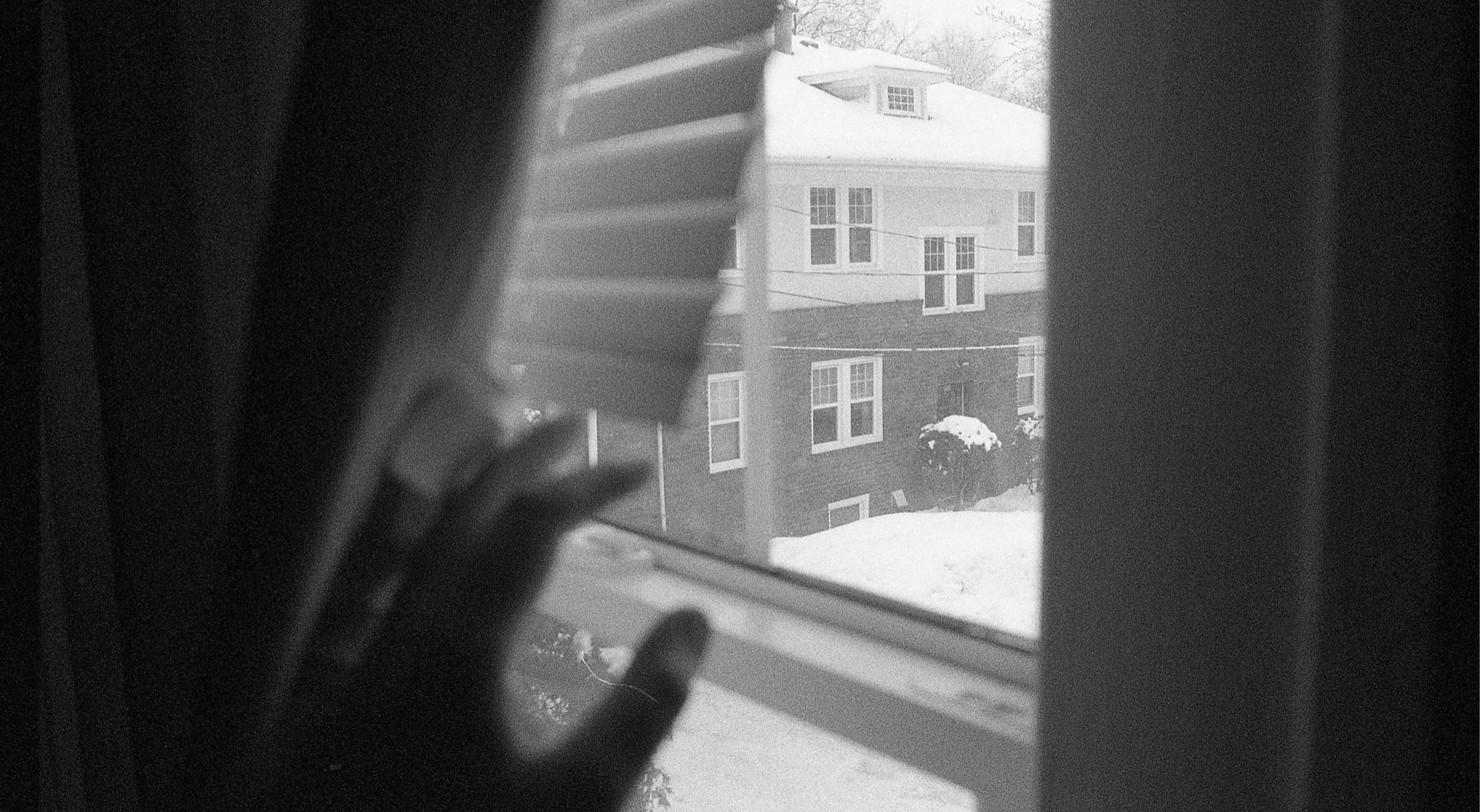
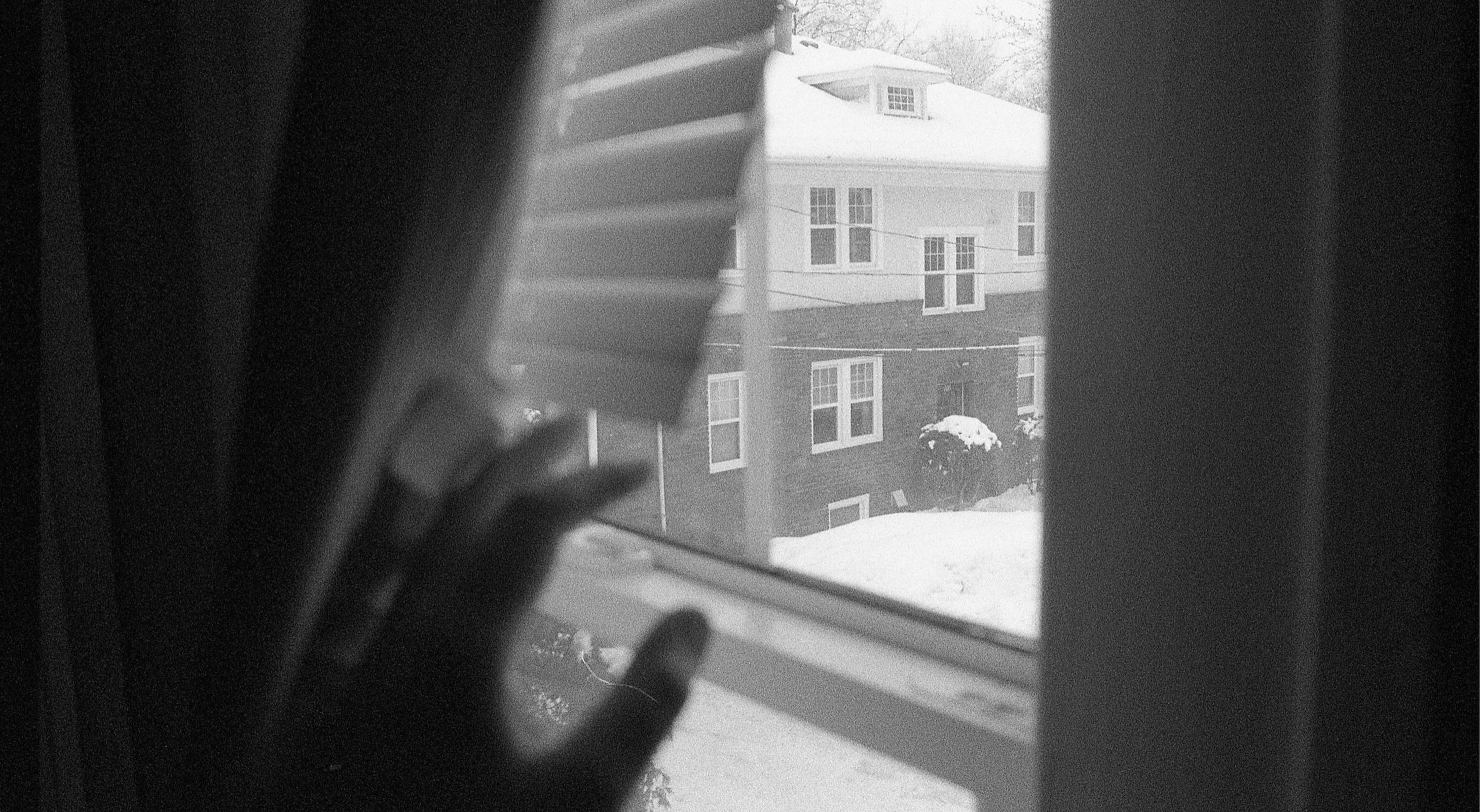
It's not that the creativity isn't happening, it’s that it's happening in basements, artist-run spaces, and through word of mouth...We need our own systems for visibility and connection. That's one of the main reasons why a lot of talent leaves.
Mathew: For sure. I like that. The word “scene” has come up in several conversations we have had. I grew up in a small town here (Delano) and we used to drive to the city to be part of the underground music scene. It was very niche, but I felt like, as someone interested in fashion, the most stylish scene in the city at the time. Being part of that scene and even going to the Walker, meeting people like John Waters and Miranda July, showed me a bigger world outside of here, but then, living in LA, people would say, “Oh, you’re from Minnesota,” and the only thing they know about us is that movie Fargo. There are so many tropes, like thinking we have a funny accent and that we dress poorly.
Michael: Yeah, I’ve had those conversations too. I’ve joked about not having basic technology, and people believe me. There are so many stereotypes like that. When did you first come to the cities?
Mathew: I came between 1997 and 1999. We kind of discovered the city by going to Uptown, and to all the record stores first like Oar Folkjokeopus and Let It Be. We’d check out the flyer boards to see where the shows (art+music) were happening. A lot of them were house shows or at renegade spaces at the time.
I want to flip the script onto you. You grew up in Texas but came to the Midwest during which time period? You didn’t have the same boomerang nostalgia that people have from leaving and coming back. You came here from another place.
Michael: I always lived in various cities around the Midwest but never in Minnesota so I don't have any nostalgia in that regard, but I spent seven years in Texas which has the same stereotypes as we do here. I was in Denton, Texas, it’s an extremely artsy town. I could tell you stories all day about that.
Mathew: Do you remember any shift between living there and coming here? I guess you were kind of coming back in a way.
Michael: For sure. The cold is a brutal barrier for most people. When I was young I’d visit here a lot during the winter because my grandparents lived here, and I knew it was cold and remote.
Mathew: Did it live up to its expectations?
Michael: Absolutely. Every winter exceeded expectations. I do have some fond memories of the northern lights and summer mayhem in some small towns.
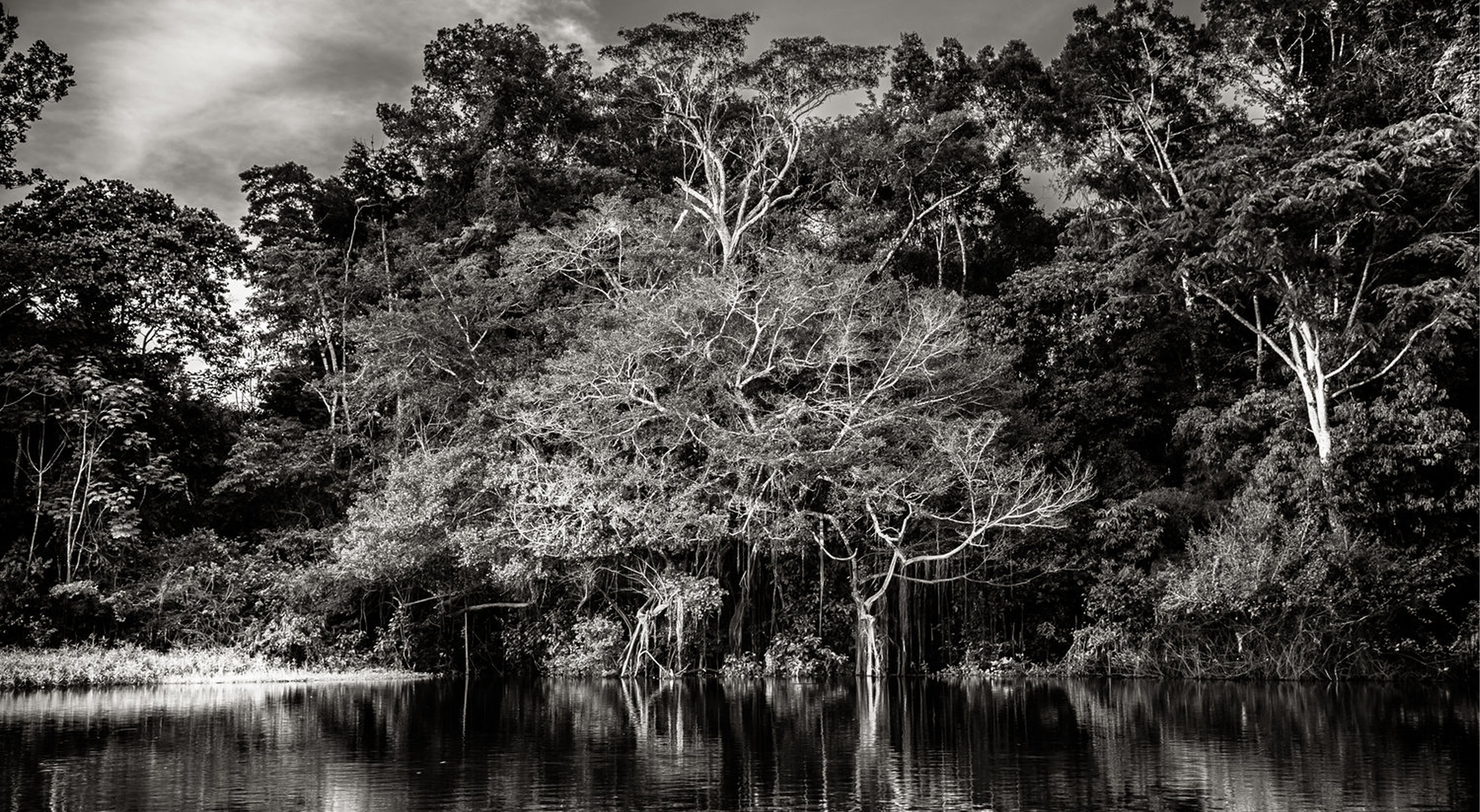
Mathew: So, what was the first "scene" you discovered when you arrived in the region? I’m very curious.
Michael: I had been DJing in the Dallas scene for many years, so when I came here I connected with people at record stores. I DJed on KFAI a few times, and hung out a lot with Tony Larson (E-Tones). We’d go to Duluth and other towns for random parties. Many of my friends were in the design world as well. That’s what I focused on—the art and design scene, which was very different from Texas. Texas was more social, and here it was more introverted and cliquish.
Mathew: And the design scene here was huge at the time. I believe we had one of the biggest advertising hubs in the country? Fallon and other big agencies were starting up here. Arguably, we (Minneapolis) helped start advertising.
Michael: Yeah, it was all connected. If you had an ad agency, you also had a design agency. There weren’t many standalone design agencies until later but tons of creative people here.
Mathew: 100%. If seems like there is a tendency for Midwest creatives to feel overlooked or misunderstood. What is it about the region’s culture that is not being seen now by the broader world?
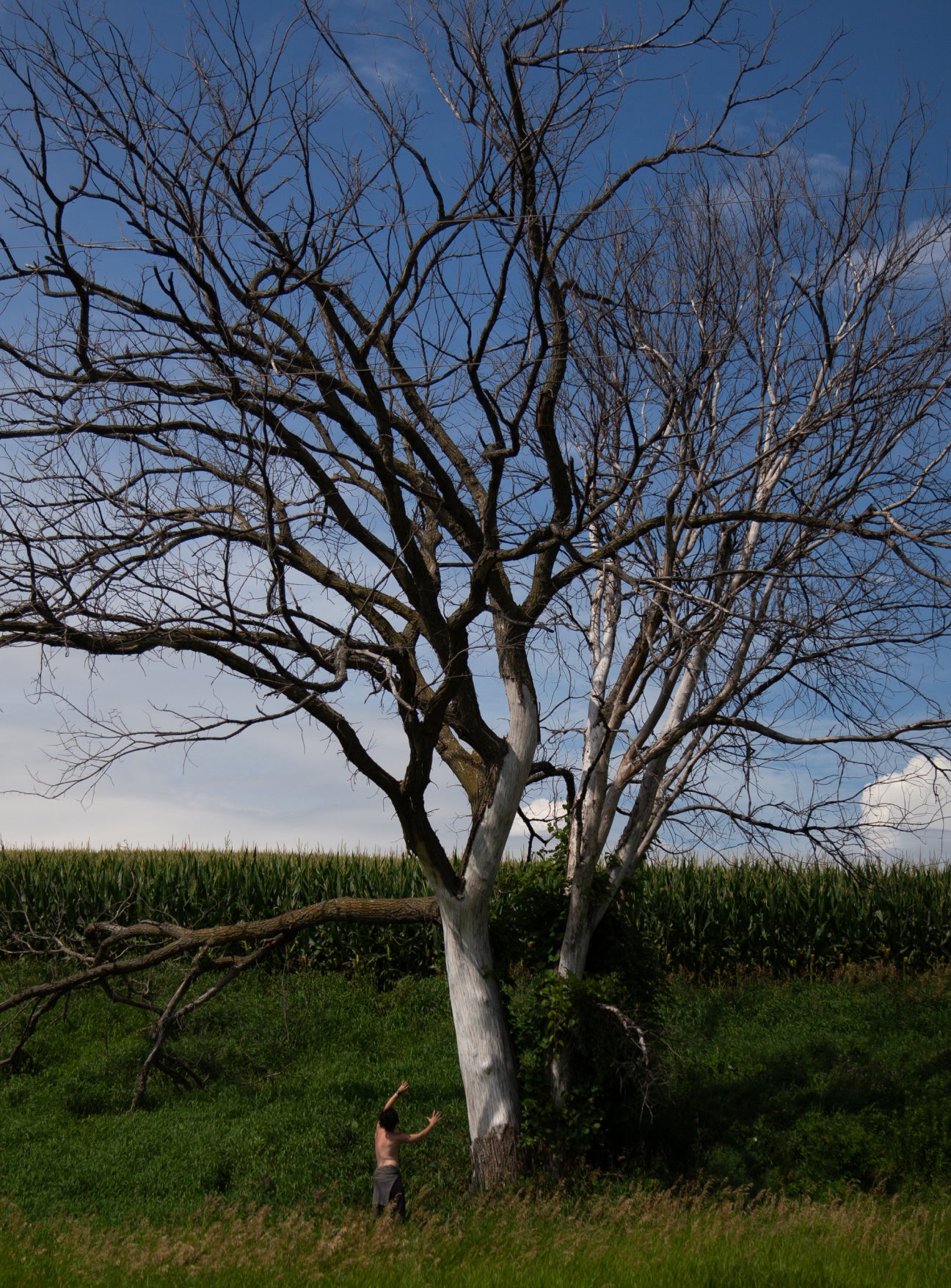


I think part of that is because when anyone becomes big here, they usually leave. The Midwest has always exported culture through musicians, designers, writers, filmmakers... but rarely gets recognized as the source.
Michael: I think part of that is because when anyone becomes big here, they usually leave. The Midwest has always exported culture through musicians, designers, writers, filmmakers... but rarely gets recognized as the source. Once someone makes it, the assumption is that they must have left. That reinforces the idea that this region can’t sustain a creative life, which isn’t true. What’s missing is infrastructure like media, publishing, galleries, labels... platforms that stay here and tell our stories from the inside.
Mathew: Do you think it’s a mindset? Cameron Gainer (The Third Rail), once said he wondered if we were just meant to be the farm team, sending our best players to the major leagues, and they might eventually come back. Or, should we push back and project the amazing things happening here to a bigger world?
Michael: I think a lot of it comes down to sharing. We need to show the world a different viewpoint of what we do here. There’s the old caricature of what it’s like to live here but now it comes through sports teams like the Timberwolves or the Vikings, but it still feels short-sighted.
Mathew: I guess, like, how do we push back? Are we just the farm team or are we sending people into the global stage without getting the recognition we deserve?
Michael: I think a lot of it comes down to curation and exposure. If people don’t curate and put us in a global context, we won’t be seen. In a way, we need more curators and people actively showing and telling these stories on a larger stage.
Right now, a lot of the creative energy here is undocumented or only shared locally. There’s incredible work happening, but without platforms, it doesn’t travel. The infrastructure to spotlight it is thin. And when someone from here does get recognized, it’s often framed as if their success happened in spite of the Midwest, not because of it. That reinforces the idea that this place is a starting point, not a destination.
I think we need to shift that narrative. Instead of being seen as the “farm team,” we should be reframed as a hub. That takes people who aren’t just making things, but connecting the dots, contextualizing, and putting the region into broader conversations. Curation isn’t just about taste, it’s about telling people.
Mathew: Right, because shifting the Midwest’s identity requires telling the story in a specific context, showing the complexity and richness that exists here.
Michael: Exactly. We need to see things differently and change the script. And just like in any relationship, things change. You start fresh, reset, and look at everything through new eyes.
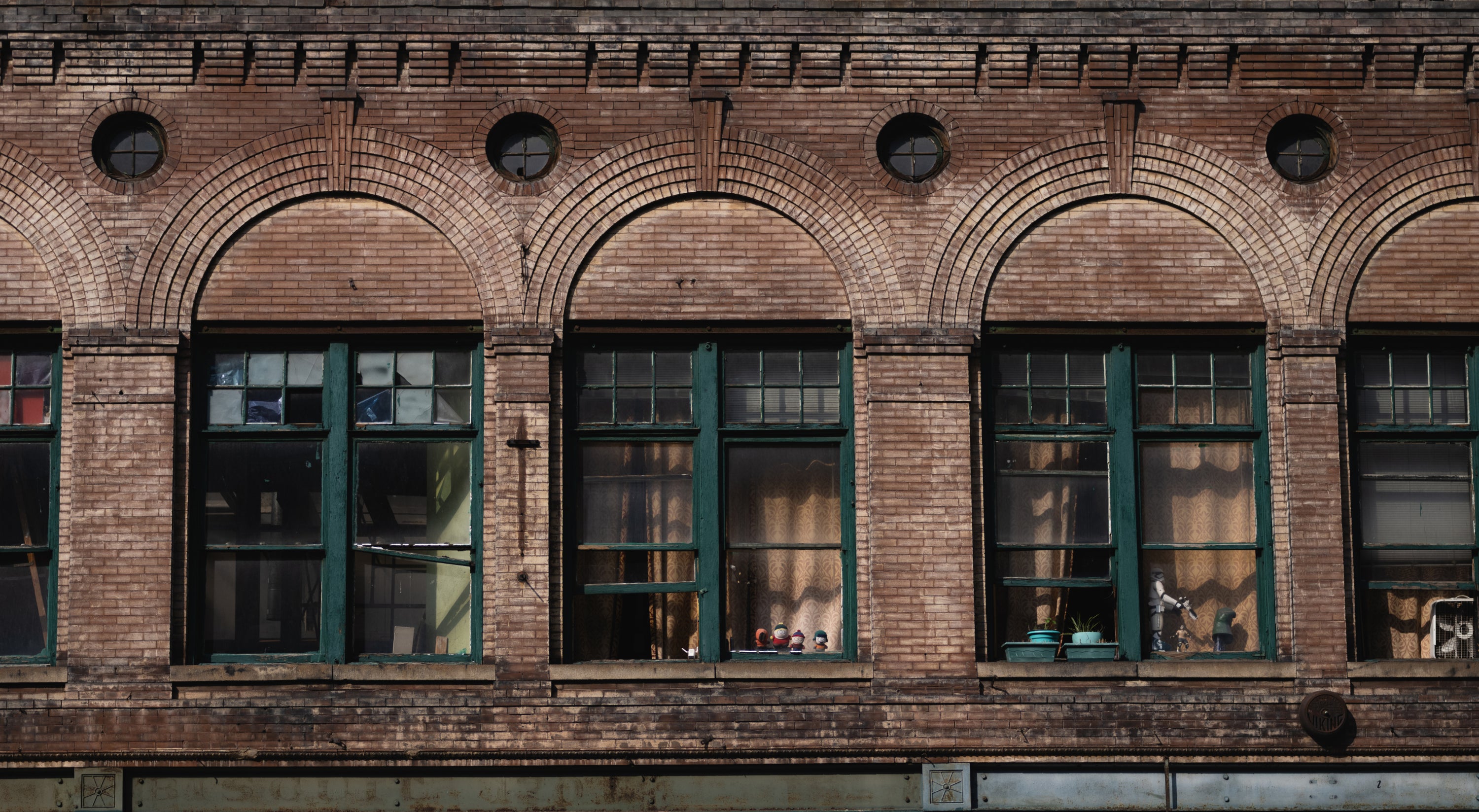

"There’s a push to keep the Midwest hidden, to keep it as a secret. It’s strange, isn’t it? Why do you think some people here want to keep it like that? "
Mathew: Yeah, there’s definitely a need to shift the Midwest's identity. I think that’s something we're trying to do with Tell. To use this platform to show both the differences and similarities. It’s about telling our own stories in a way that feels genuine, but also positioning us in a context for a broader audience. But what you just said makes me think: What is the role of local voices versus global engagement in Tell’s trajectory?
Michael: That’s a big question. I think a lot of it comes down to being authentic and showing the authentic stories. We need to make sure the stories are told by the people who are actually in them, not through some outsider’s lens. The challenge is figuring out how to expand beyond that small circle and push those stories to the global stage.
Mathew: I agree. That’s the power of Tell—giving people a platform to share their stories, speak in their own voices, and share what’s going on in their world. How do we balance that with the need for global recognition?
Michael: I think we just have to keep sharing and keep pushing, even if it feels slow. We’re not looking for instant recognition; we want steady exposure. Over time, people will see the value in what we’re doing. It’s kind of like the ‘slow and steady’ approach, something sustainable and authentic, instead of chasing a big splash right away.
Mathew: Exactly, because I’ve seen so many times people in the region not being seen because they’re not making the same kind of noise that people from the coasts make. I know you’ve worked with huge brands and companies globally, but you’ve stayed here. I think you’re a great example of someone who’s figured out how to make it work and still stay true to the community. What do you think about this idea of the “Midwest imposter syndrome” that a lot of people feel? The idea that we’re not as good or we can’t make it without being in New York or LA?
Michael: It’s definitely real. But I think it’s also changing. People here are starting to realize that you don’t have to leave to make a name for yourself. We just need to change the narrative and show that you can be successful in the arts here. It’s about defining success on your own terms, not fitting into the mold set by other places.
Mathew: Yeah, that’s part of what Tell is trying to do. To shift that narrative and show people that they can be successful without having to leave. But also, as we’re doing that, we’re putting the focus on the unseen happenings here . Not just pushing the same narratives over and over again, but showing the variety of experiences and stories.
Michael: Exactly. And that’s why Tell is so important. We’re giving people the chance to step up and share their version of what it means to be here. Not just the stereotypes. People are living their lives, doing amazing things, and they’re not always getting the recognition they deserve. But with platforms like this, we can start to change that.
Mathew: That’s the hope. And I think the more we can get people engaged, the more the whole community benefits. It’s about collective growth. It’s not about one person getting ahead; it’s about everyone moving forward together. But how do we get people to engage?
Michael: It’s definitely a challenge. I think the first step is showing people that they have something valuable to contribute. We have to make it clear that their stories matter. And the more we share those stories, the more others will want to be a part of it. That’s when the engagement really starts to grow.
Mathew: Totally. And I think that’s where the power of storytelling comes in. By showcasing these unseens stories of people in this region(people who are working hard and creating something special) we not only give them a voice, but we also start to change how the world sees us/them. It’s all about changing the lens and showing a different side of the Midwest.
Michael: Yeah, that’s it. It’s not about ignoring the past or the stereotypes; it’s about showing there’s more to the story. And when we do that, we get to reframe what the Midwest is. It’s about showcasing the nuances and the complexities. There’s more than one way to be from here, and that’s something worth sharing.
Mathew: For sure... and I think what makes Tell unique is that it’s not just about sharing the stories of the people who are already well-known or have access to the resources to share their story. It’s about finding voices that aren’t being heard and giving them the platform they deserve. But also making sure it’s done in a way that’s respectful and authentic, not sensationalized.
Michael: Yeah, exactly. It’s not about making things look flashy or forced. It’s about making sure the story is told with care and depth. That means digging deeper, listening, and not rushing the process. A lot of the most important stories are quiet, overlooked, or happening in places people don’t usually think to look.
When we bring those voices forward we start to reshape the narrative, not as a stereotype or a footnote, but as something richer.
Mathew: I love that. I think that’s what excites me most about this platform. The chance to show the world what the Midwest is. Not just the stereotypes, but the multifaceted, complex, and dynamic region that it is.
Michael: Absolutely. And it’s exciting because we’re starting to see that change. It’s not going to happen overnight, but with platforms like Tell, we’re able to help push that narrative forward. People are starting to see that there’s more than they thought, and that’s the first step.
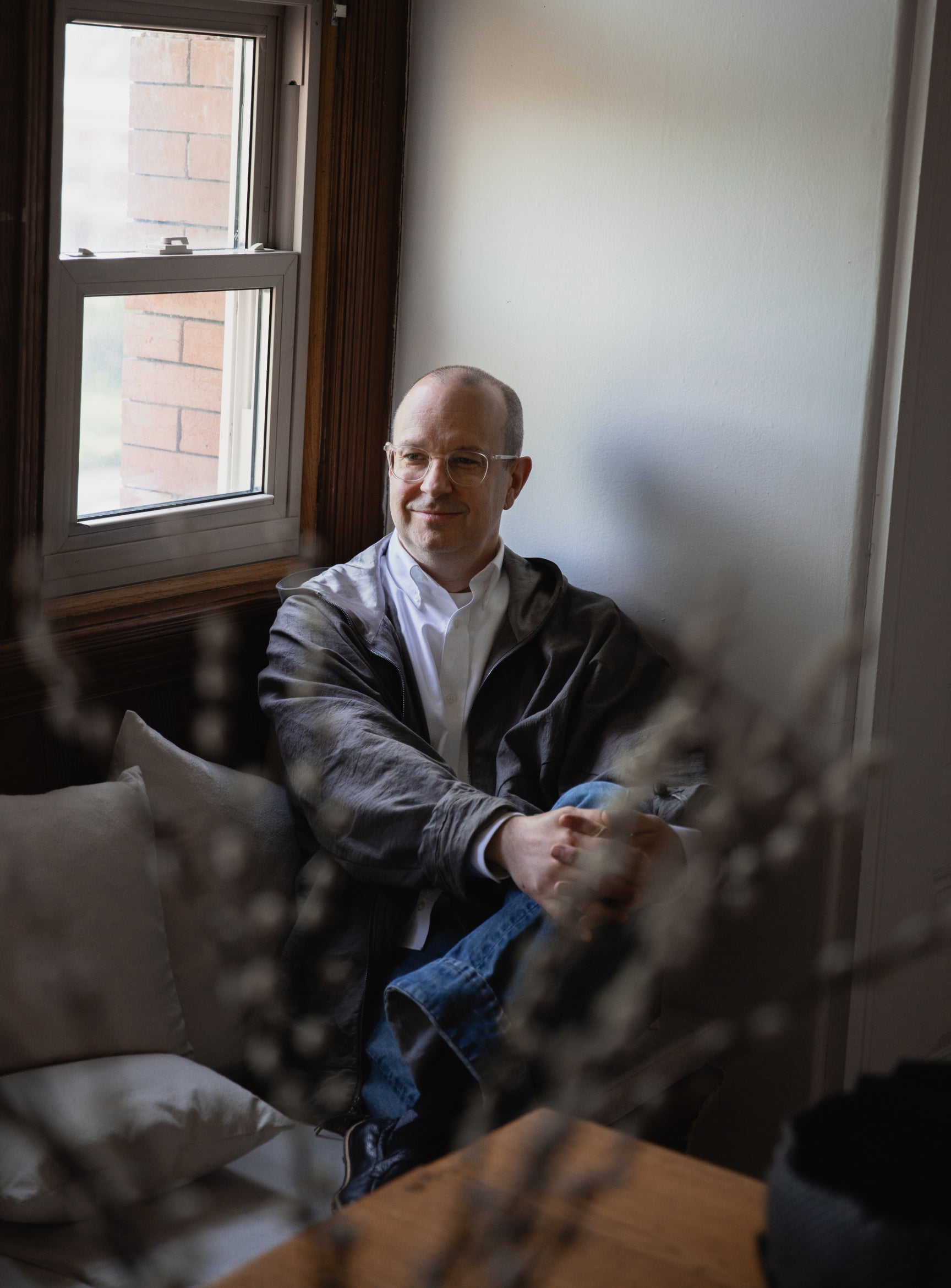
MEET MICHEAL CINA -
Michael Cina is a designer, creative director, and co-founder of TELL, a platform exploring the intersection of creativity, culture, and Midwestern identity. With a career spanning over two decades, Michael has worked with clients including Google, Aesop, Target, and Lexus, bringing a unique design perspective to branding, visual storytelling, and spatial experiences.
Before co-founding TELL, Michael led his own studio, Cina Associates, where he developed identities, publications, and experiential projects that challenge conventions and elevate overlooked voices. At TELL, he continues to shape narratives that highlight the unseen, the underappreciated, and the surprisingly delightful corners of Midwestern creativity.
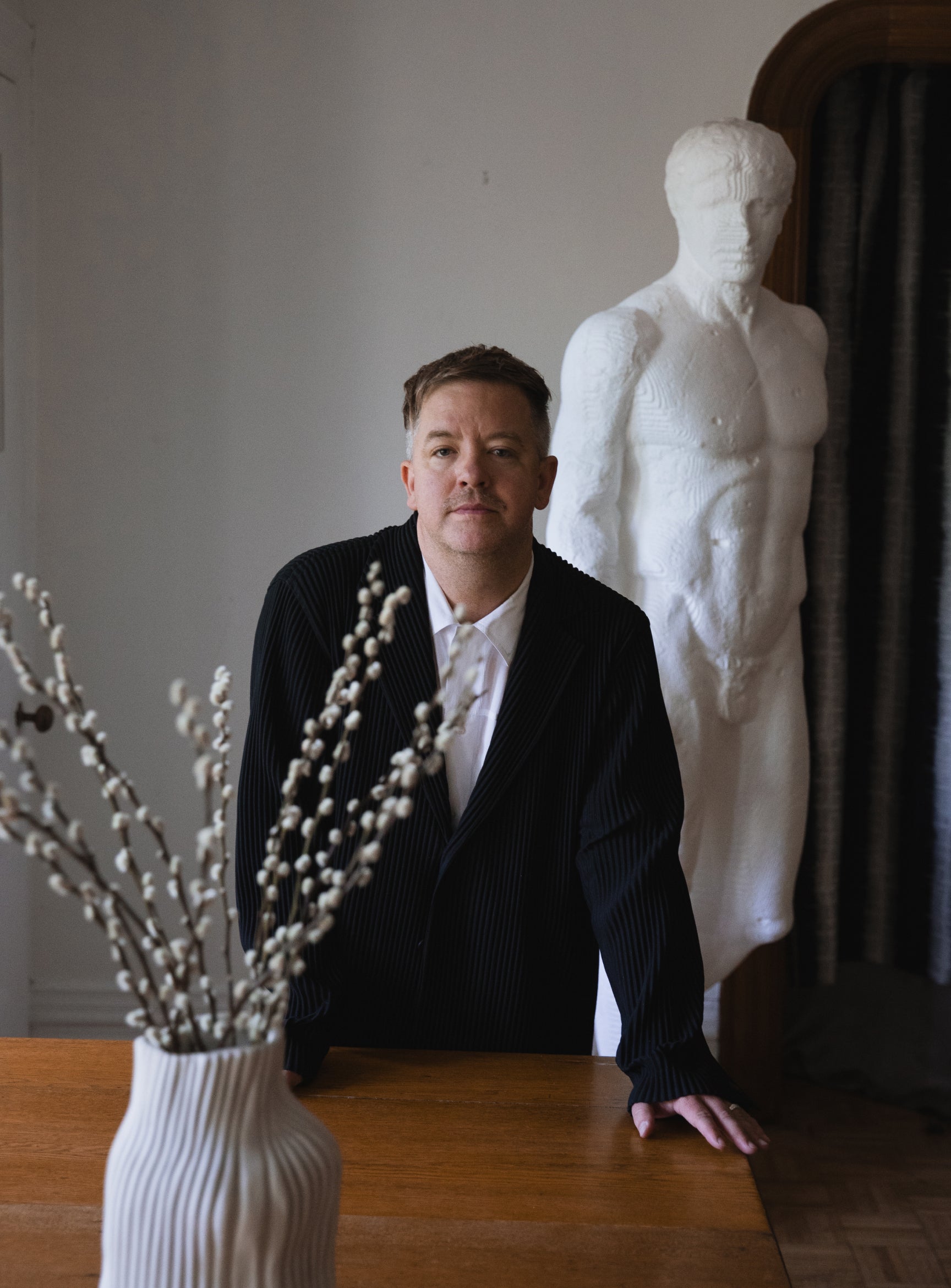
MEET MATHEW SWENSON -
Mathew Swenson is a seasoned brand strategist, creative director, and founder of TELL, a platform that explores the intersection of creativity, culture, and Midwestern identity. With over 20 years of experience, Mathew has worked with clients including Estée Lauder, Levi’s, Everlane, COS, Tamara Mellon, William Eggleston, and the Standard Hotel. His unique ability to craft compelling narratives and bold visual identities has helped shape brands across fashion, home, and culture.
Mathew: Exactly. And as we continue, it’s about building those connections and bringing more people into the conversation. The more diverse the voices, the stronger the story becomes. It’s about creating a network of people who all see the value in telling their own stories and supporting each other along the way.
Michael: And that’s what it’s all about. Building a community where people feel seen and supported. A network where stories are held and echoed by others. The more we create that kind of environment, the more we shift how people view this region.
It’s about creating space where people realize their stories do matter, even if they don’t have a platform yet. And when we keep showing up, keep sharing, and keep supporting each other, that momentum builds. That’s how perception starts to change, through consistent, honest connection.
Mathew: That’s the goal, and it’s a long journey, but it’s a journey worth taking. I’m excited to be a part of it with you. Thanks for talking through all of this, Michael. I think we’ve got a lot of good stuff here.
Michael: Of course, Mathew. It’s exciting to think about where we’re headed. Looking forward to seeing it all unfold.